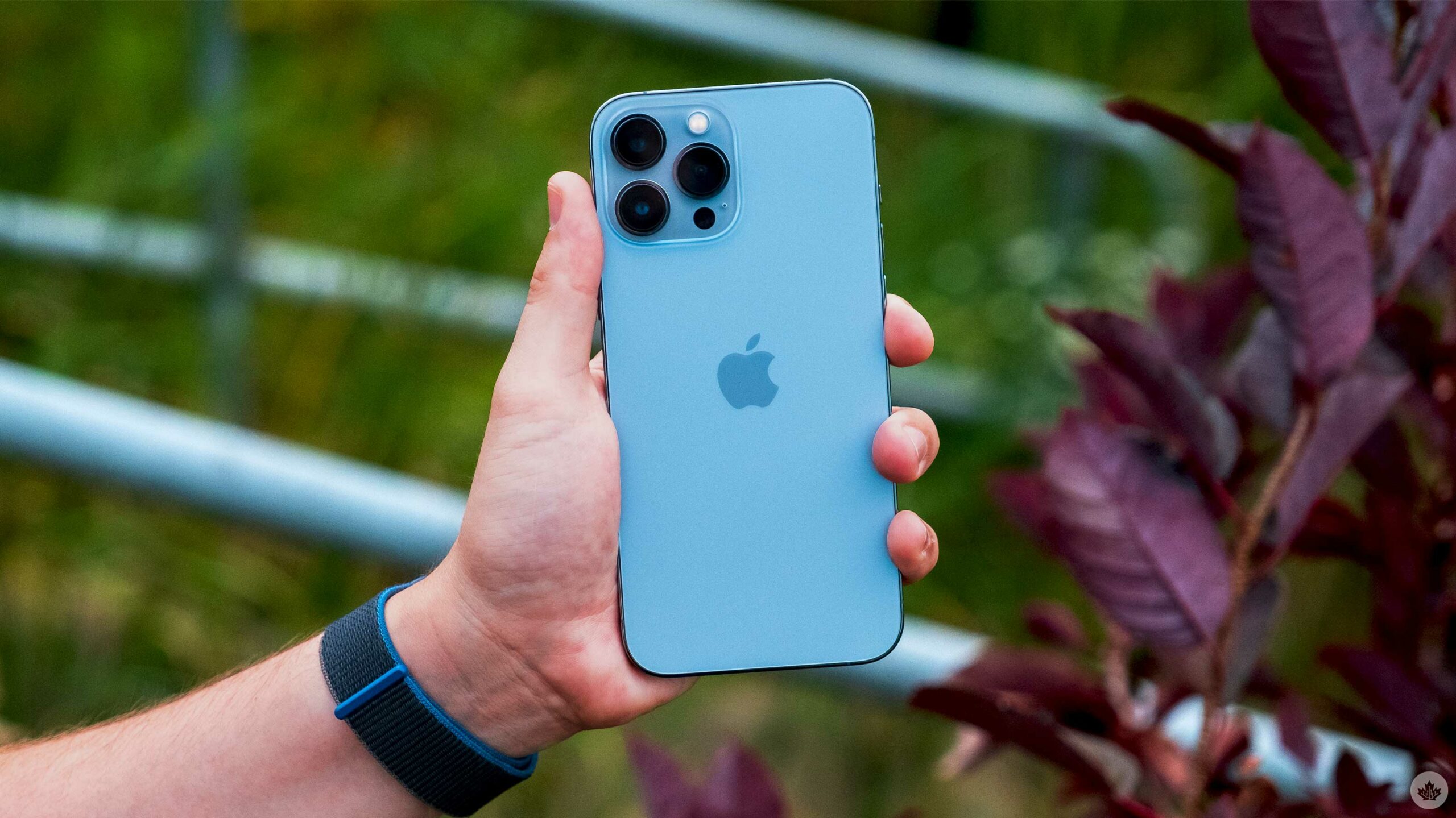
Over the last few months, several rumours and reports said Apple would include a more powerful A16 chipset exclusively in the upcoming high-end iPhones — presumably called iPhone 14 Pro and Pro Max.
The lower-cost iPhone 14 and 14 Max (a rumoured new, 6.7-inch screen iPhone set to replace the less popular iPhone mini) would still use the A15 chip currently available in the iPhone 13 line.
Initially, the rumours suggested the change was because of ongoing chip shortages, but now reliable analyst Ming-Chi Kuo claims Apple will continue the tiered chip strategy going forward. In a blog post, Kuo wrote:
“The latest processor chip will be exclusive to iPhone high-end models in the future, so a high shipment proportion of iPhone high-end models will be the norm, favoring high-end camera component suppliers.”
Kuo goes on to explain that the shift towards tiered chips in iPhones will likely push sales of the high-end models, which have the new chipset. Kuo expects the high-end iPhone 14 Pro models to account for roughly 55 to 60 percent of shipments in 2022 compared to the roughly 40 to 50 percent split seen with previous models.
The change marks a significant departure from how Apple has handled iPhones for years. New iPhone models almost always include the same chip, meaning customers could get similar levels of performance whether they bought the cheapest option or the most expensive. Typically, differentiating factors included display and camera hardware. With this change, the iPhone would follow a similar hardware model to Apple’s iPad and Mac lines with lower-cost options using older or slower chips.
It’ll be interesting to see how this plays out with customers in the long run. Those who purchase the lower-end iPhone models will likely have less incentive to upgrade. For example, iPhone 13 and 13 mini owners will likely have little or no reason to upgrade to the iPhone 14 if it uses the same A15 chip. Sure, the change could push upgrades from the iPhone 13 series to the iPhone 14 Pro line, but typically those buying the non-Pro iPhones don’t need the extra features.
Regardless, we won’t know exactly what Apple has planned until the company unveils its new iPhones in September. Kuo is typically reliable, but as with any rumour like this, it’s important to maintain a healthy level of skepticism.
MobileSyrup may earn a commission from purchases made via our links, which helps fund the journalism we provide free on our website. These links do not influence our editorial content. Support us here.


